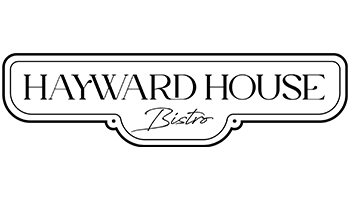David Grossman and Consumer Technology Association have been stalwart leaders in the effort to rid our communities of the spammers members fake membership list offers and/or impersonate our room blocks using our logos or spoofing our email domains. The FTC made a final ruling to help us protect our organizations and members from these scams. He is sharing this info with us below -
Recently, the FTC issued its long-awaited final rule prohibiting the impersonation of government, businesses, and their officials or agents in interstate commerce. CTA is in the process of reviewing the text. It will become effective 30 days from the date it is published in the Federal Register. You can find the FTC's press release here, and the final rule text is available here.
Final Rule on Government and Business Impersonation
In addition to the supplemental notice, the FTC has finalized the Government and Business Impersonation Rule, which gives the agency stronger tools to combat scammers who impersonate businesses or government agencies, enabling the FTC to directly file federal court cases aimed at forcing scammers to return the money they made from government or business impersonation scams. This is particularly important given the Supreme Court's April 2021 ruling in AMG Capital Management LLC v. FTC, which significantly limited the agency's ability to require defendants to return money to injured consumers.
Government and business impersonation scams have cost consumers billions of dollars in recent years, and both categories saw significant increases in reports to the FTC in 2023. The rule authorizes the agency to fight these scams more effectively.
For example, the rule would enable the FTC to directly seek monetary relief in federal court from scammers that:
- Use government seals or business logos when communicating with consumers by mail or online.
- Spoof government and business emails and web addresses, including spoofing ".gov" email addresses or using lookalike email addresses or websites that rely on misspellings of a company's name.
- Falsely imply government or business affiliation by using terms that are known to be affiliated with a government agency or business (e.g., stating "I'm calling from the Clerk's Office" to falsely imply affiliation with a court of law).
The publication of the final rule comes after the two rounds of public comment in response to an advance notice of proposed rulemaking issued in December 2021, a notice of proposed rulemaking issued in September 2022, and an informal hearing in May 2023.
The Commission vote to issue the final rule and the supplemental notice of proposed rulemaking and to publish them in the Federal Register was 3-0. Chair Lina M. Khan issued a separate statement that was joined by Commissioners Rebecca Kelly Slaughter and Alvaro M. Bedoya.
Both items will appear in the Federal Register shortly. The final rule on government and business impersonation will become effective 30 days from the date it is published in the Federal Register. The public comment period for the SNPRM will be open for 60 days following the date it is published in the Federal Register, and instructions for how to comment will be included in the notice.
The Federal Trade Commission works to promote competition and protect and educate consumers. Learn more about consumer topics at consumer.ftc.gov, or report fraud, scams, and bad business practices at ReportFraud.ftc.gov. Follow the FTC on social media, read consumer alerts and the business blog, and sign up to get the latest FTC news and alerts.
J. David Grossman
Vice President, Regulatory Affairs
Consumer Technology Association, producer of CES®

